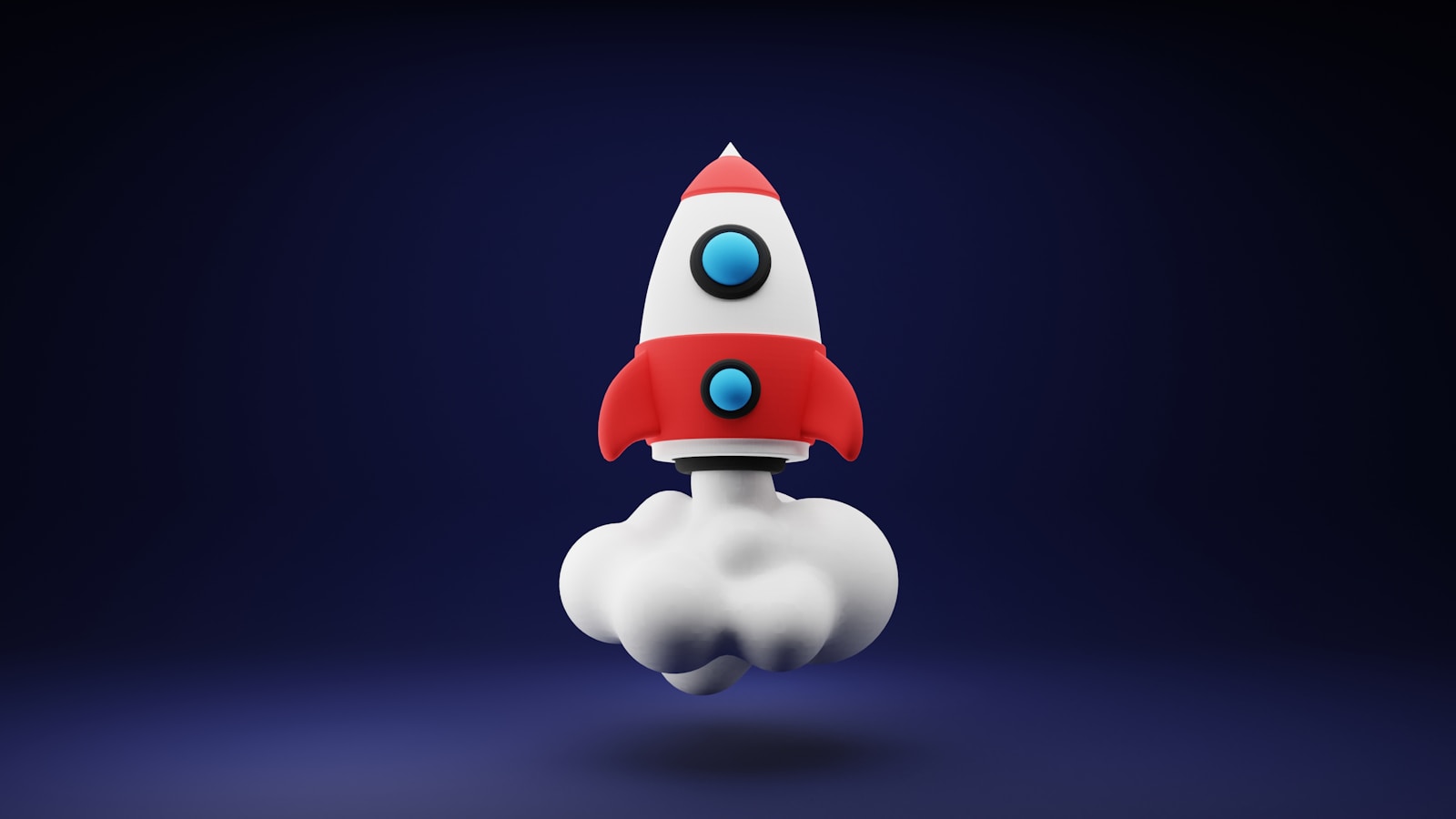Introduction
Artificial Intelligence (AI) has been rapidly advancing in recent years, with machines becoming more and more sophisticated in their ability to perform tasks that were once thought to be exclusive to humans. One area where this is particularly evident is in the field of coding, where AI is challenging human coders in ways never seen before.
The Impact of AI on Human Coders
AI has the potential to revolutionize the way we approach coding. With the ability to analyze vast amounts of data and learn from it, machines are able to write code faster and more accurately than humans. This has the potential to greatly increase productivity and efficiency in the coding process.
Challenges Faced by Human Coders
However, this advancement in AI also poses challenges for human coders. As machines become more adept at writing code, there is a fear that human coders may become obsolete. This has led to a debate within the coding community about the role of AI in coding and the future of human coders.
Adapting to the Rise of AI
Despite the challenges posed by AI, human coders have the opportunity to adapt and evolve in order to remain relevant in the coding world. By focusing on areas that AI struggles with, such as creativity and problem-solving, human coders can differentiate themselves from machines and continue to make valuable contributions to the field.
The Future of Coding
As AI continues to advance, the future of coding remains uncertain. While machines may be able to write code more efficiently, the human touch will always be needed in areas that require critical thinking and creativity. The collaboration between human coders and AI has the potential to create groundbreaking innovations in the coding world.
Conclusion
The rise of AI presents both challenges and opportunities for human coders. By embracing the advancements in technology and adapting to the changing landscape of coding, human coders can continue to play a vital role in the development of AI and the future of coding.





